Bad cholesterol, known as low-density lipoprotein (LDL), can significantly increase the risk of heart disease and stroke. Taking immediate steps to reduce LDL levels is crucial for maintaining heart health. This blog will guide you through scientifically proven methods, personal stories, and actionable strategies about how to reduce bad cholesterol fast and naturally.
LDL cholesterol, often called “bad cholesterol,” accumulates in artery walls, increasing the risk of blockages, heart attacks, and strokes. Unlike HDL (“good cholesterol”), which helps clear excess cholesterol, elevated LDL levels demand urgent action, especially after a health scare or diagnosis. Learning how to reduce bad cholesterol fast can prevent dangerous cardiovascular complications.
You may also like: How to Boost Your Immune System Naturally

Understanding LDL vs. HDL Cholesterol—and How to Lower Bad Cholesterol Fast
LDL (low-density lipoprotein), often called “bad cholesterol,” is notorious for clinging to artery walls, forming plaque that restricts blood flow and heightens the risk of heart attacks and strokes. In contrast, HDL (high-density lipoprotein), the “good cholesterol,” acts like a cleanup crew, removing excess cholesterol from the bloodstream. When LDL levels spike, the urgency to lower LDL cholesterol fast becomes critical to prevent life-threatening blockages. If you’re wondering how to reduce bad cholesterol quickly or how to lower your LDL levels rapidly, here’s what you need to know:
Elevated LDL doesn’t just happen overnight—it’s often the result of poor diet, inactivity, or genetics.
However, lowering high cholesterol fast is possible with aggressive, science-backed strategies. For instance, swapping saturated fats (like butter and red meat) for soluble fiber-rich foods (oats, beans, and apples) can lower LDL cholesterol quickly by binding to cholesterol in the digestive tract. Adding heart-healthy fats like avocados and olive oil also helps suppress LDL while boosting HDL. Studies show that plant sterols, found in fortified foods and nuts, can block cholesterol absorption, offering a natural way to lower bad cholesterol fast.
Exercise is another key player in how to lower your bad cholesterol fast. Even 30 minutes of daily aerobic activity—brisk walking, cycling, or swimming—can jumpstart cholesterol metabolism, shrinking LDL levels in weeks. For those needing rapid results, medications like statins or PCSK9 inhibitors may be prescribed to lower total cholesterol fast, especially after a cardiac event. But lifestyle changes remain the cornerstone: quitting smoking, limiting alcohol, and managing stress (which indirectly raises LDL) are proven to accelerate progress.
So, how fast can you lower LDL? While genetics play a role, many see improvements in 4–6 weeks
with consistent effort. The key is combining dietary overhaul, physical activity, and medical guidance tailored to your needs. Always consult a healthcare provider to ensure your approach to lowering bad cholesterol quickly is safe, effective, and sustainable.
How to Lower LDL Cholesterol Fast: Science-Backed Foods to Add (and Avoid)
If you’re searching for how to reduce bad cholesterol quickly, start with your plate. Certain foods act like natural LDL-lowering powerhouses. Oats, for example, are rich in soluble fiber—a proven nutrient that binds to cholesterol in your gut, helping lower LDL levels rapidly. Similarly, beans and lentils pack a double punch of fiber and plant-based protein, making them ideal for anyone aiming to lower total cholesterol fast. Avocados, loaded with heart-healthy monounsaturated fats, not only reduce LDL but also boost HDL, striking a balance critical for cardiovascular health. Nuts like walnuts and almonds are another smart addition; studies show that a daily handful can lower bad cholesterol fast by up to 10% in weeks.
But knowing what to cut is just as urgent. Saturated fats—found in fatty cuts of meat, butter, and full-fat dairy—directly raise LDL, while trans fats (hidden in fried foods, pastries, and processed snacks) are even worse, sabotaging efforts to lower high cholesterol fast. Eliminating these is non-negotiable for rapid results.
For an extra edge, supercharge your diet with flaxseeds (high in omega-3s), citrus fruits like oranges (thanks to their pectin content), and garlic, which contains allicin, a compound shown to lower LDL cholesterol quickly. These “superfoods” work synergistically to support your goal of reducing bad cholesterol fast naturally.
Wondering how fast can you lower LDL? While genetics play a role, many see noticeable drops in 4–6 weeks by combining these dietary shifts with exercise and avoiding smoking. Always consult a healthcare provider or nutritionist to personalize your approach—especially if considering supplements or medications to lower your bad cholesterol fast safely. Remember, consistency is key: small, sustainable changes yield the fastest, longest-lasting results.

How to Lower LDL Cholesterol Fast: The Hidden Power of Daily Habits
If you’re exploring how to reduce bad cholesterol quickly, don’t overlook the impact of daily routines. A brisk 30-minute walk, cycling session, or swim isn’t just good for your waistline—it’s a proven way to lower LDL levels rapidly. Studies show that moderate aerobic exercise boosts enzymes that help flush LDL from your bloodstream, making it a cornerstone for those aiming to lower high cholesterol fast. But here’s the kicker: sleep and stress are silent saboteurs.
Poor sleep spikes cortisol, a hormone linked to elevated LDL, while chronic stress keeps cholesterol production in overdrive. Prioritizing 7–8 hours of quality sleep and adopting stress-busting practices like meditation or yoga can lower bad cholesterol fast naturally, addressing root causes often missed in crash diets.
Then there’s smoking—a habit that wreaks havoc on cholesterol balance. Quitting not only lowers LDL cholesterol quickly (often within weeks) but also repairs arterial damage, reducing heart disease risk. Pair this with consistent exercise and stress management, and you’ve got a trifecta of strategies to lower total cholesterol fast and sustainably.
Wondering how fast can you lower your bad cholesterol? While genetics matter, many see LDL drop by 10–15% in just 6–8 weeks with these lifestyle shifts. For tailored advice, consult a healthcare provider to ensure your plan to lower your LDL cholesterol fast aligns with your health profile. Remember, small daily wins—like a walk after dinner or swapping cigarettes for a mindfulness app—add up to big, lasting changes.
Detox & Hydration
A unique approach to cholesterol reduction. Drinking water helps flush toxins that may contribute to high LDL. Green teas, herbal teas & natural detox drinks specially teas rich in antioxidants, like green tea, combat arterial plaque buildup. Foods and drinks containing antioxidants promote arterial health and lower LDL.
Supplements That Work Fast
Omega-3 fatty acids, niacin, and fiber supplements can play a vital role in helping to reduce bad cholesterol quickly. Omega-3s, particularly from fish oil, are known to improve LDL cholesterol levels by supporting arterial health and significantly lowering triglycerides. Incorporating niacin into your routine can further enhance efforts to lower LDL cholesterol fast, as it boosts good cholesterol (HDL) and reduces LDL effectively.
Fiber supplements are also highly beneficial, as they aid in lowering high cholesterol levels quickly by promoting better digestion and cholesterol elimination. Research underscores the effectiveness of these approaches, showing that omega-3 supplements, in particular, help to lower LDL cholesterol fast by contributing to overall cardiovascular health. By combining these strategies, you can make significant progress in lowering your bad cholesterol quickly and improving your heart health.

48-Hour Quick Reset Plan to Lower Bad Cholesterol Fast
If you’re wondering how to reduce bad cholesterol fast or how to lower LDL cholesterol quickly, this simple and effective 48-hour plan offers a practical kickstart to managing high cholesterol levels.
On Day 1, begin with a cholesterol-lowering breakfast of oatmeal paired with flaxseeds, followed by a lunch featuring spinach salad enriched with avocado and walnuts. For dinner, opt for grilled salmon accompanied by steamed broccoli, rich in omega-3 fatty acids that support arterial health. Incorporate a 30-minute brisk walk to boost your metabolism and promote heart health.
On Day 2, start your day with a nutrient-packed smoothie made with spinach, banana, and almond milk. Lunch can include lentil soup with whole-grain bread, which provides fiber to help lower your total cholesterol fast. Dinner options include baked chicken served with quinoa and kale, supporting efforts to lower LDL levels quickly. Complement your meals with 30 minutes of yoga or stretching, which reduces stress and supports overall cardiovascular well-being.
This plan is specifically designed to lower your bad cholesterol fast by incorporating heart-healthy meals and movement strategies that work safely and efficiently to improve LDL cholesterol levels in just two days.
Here’s the Healthline guide about how to reduce bad cholesterol fast
Related FAQ’s
Q. What foods lower bad cholesterol?
Foods rich in soluble fiber, omega-3 fatty acids, and healthy fats can help lower LDL cholesterol.
Q. Does exercise help reduce bad cholesterol?
Yes, regular physical activity can raise HDL (good cholesterol) and lower LDL.
Q. How quickly can cholesterol levels improve?
Changes can be seen within weeks of adopting a healthy lifestyle.
Conclusion
Reducing bad cholesterol fast is achievable with targeted dietary and lifestyle changes, detox techniques, supplements, and medical interventions. Taking a long-term approach ensures lasting heart health. Consult with a healthcare provider for personalized advice and to create a sustainable cholesterol-lowering plan.
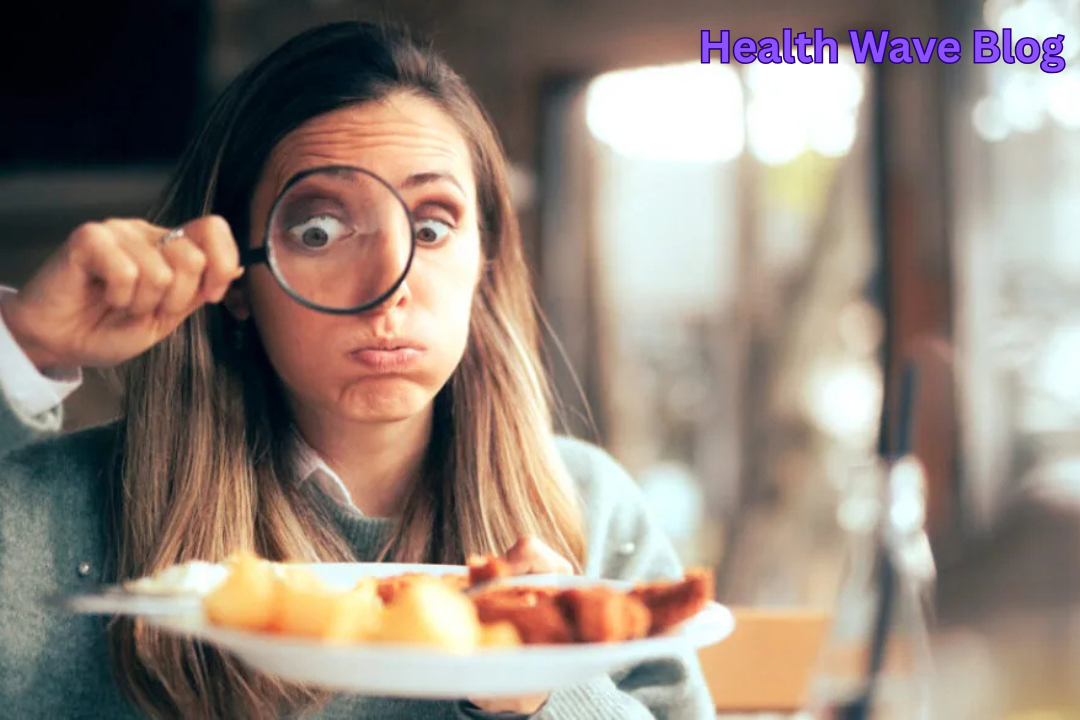


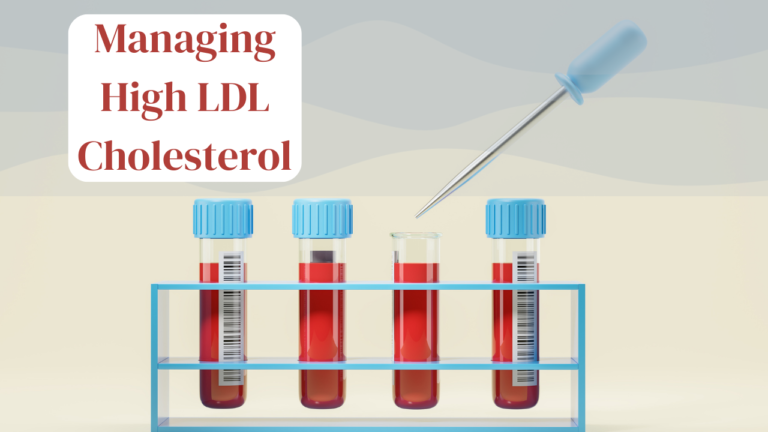


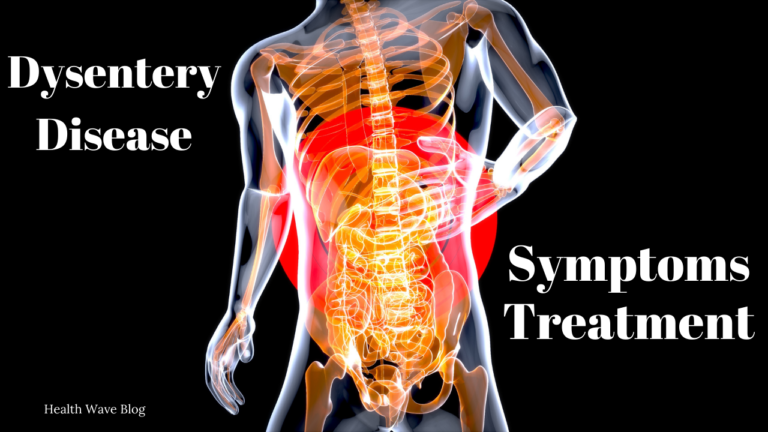


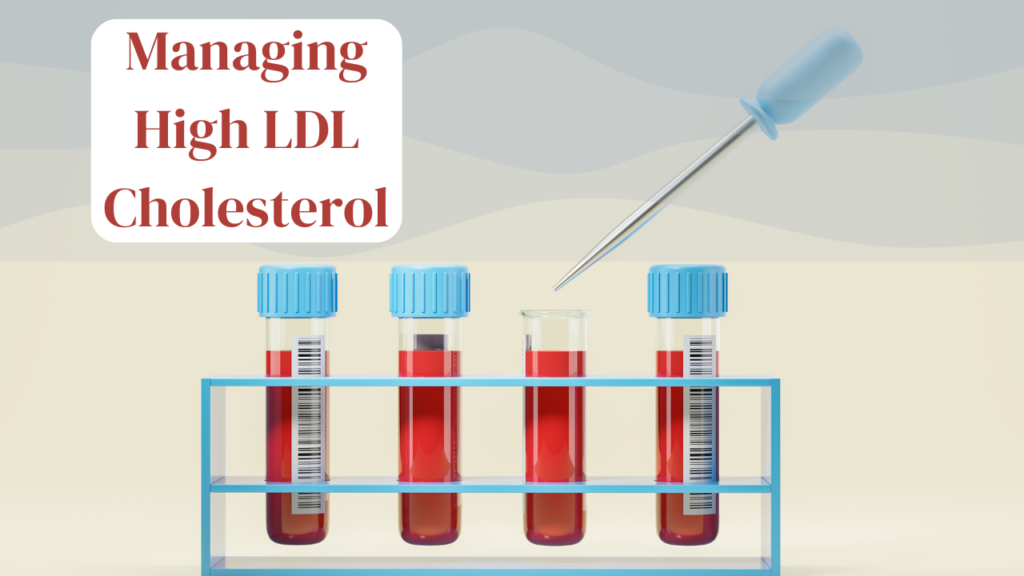
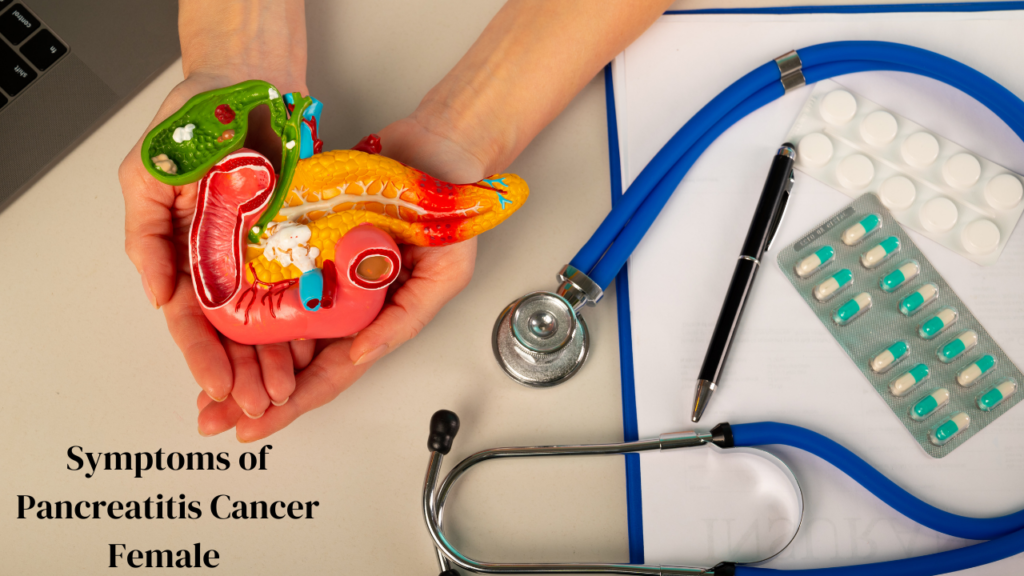

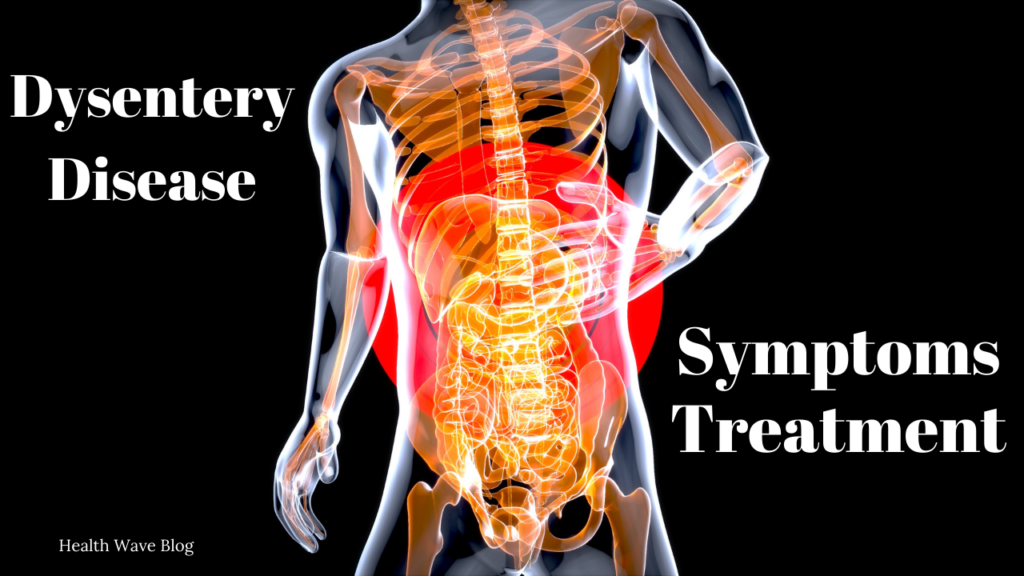

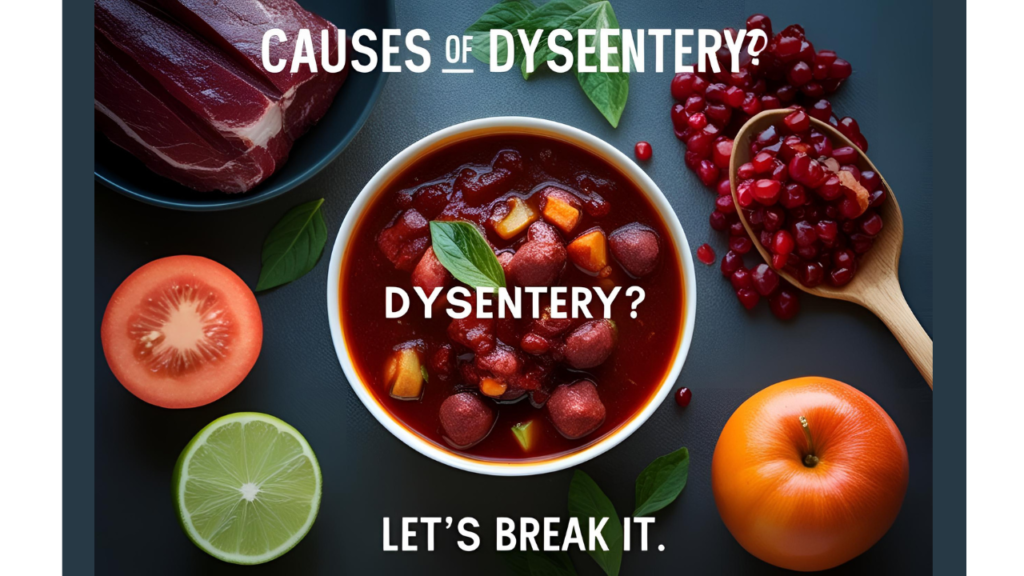

One Response